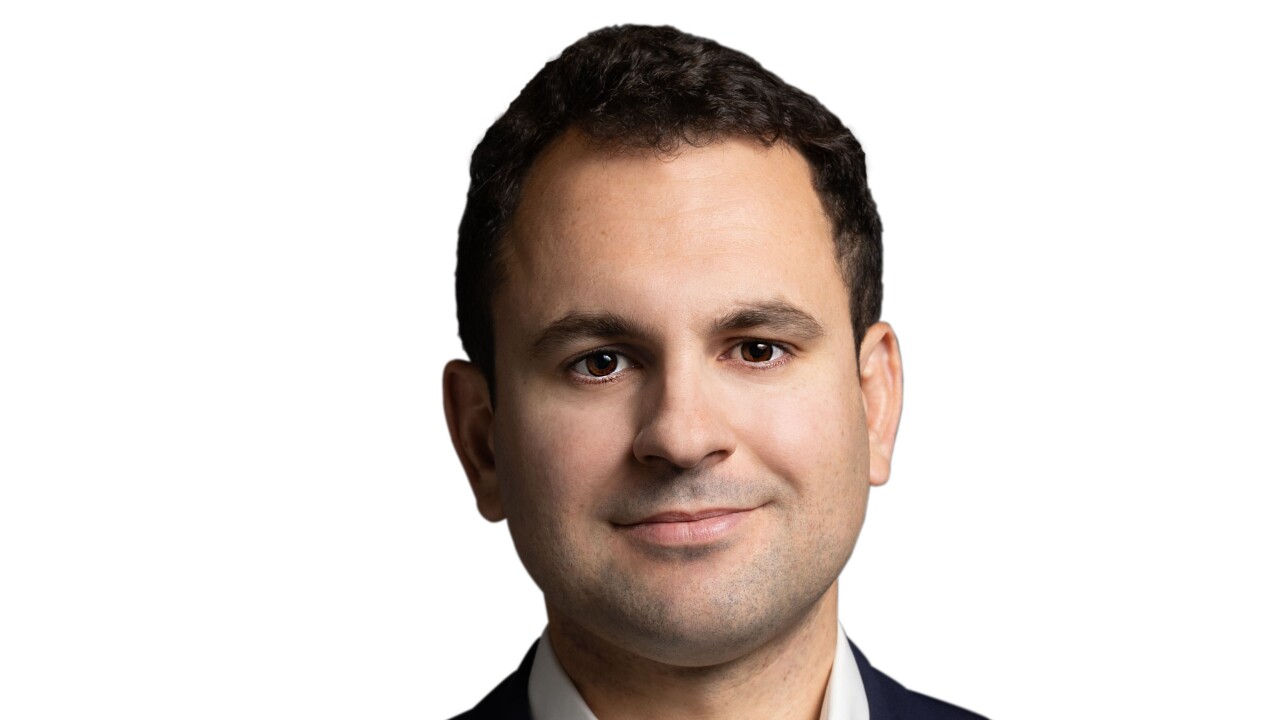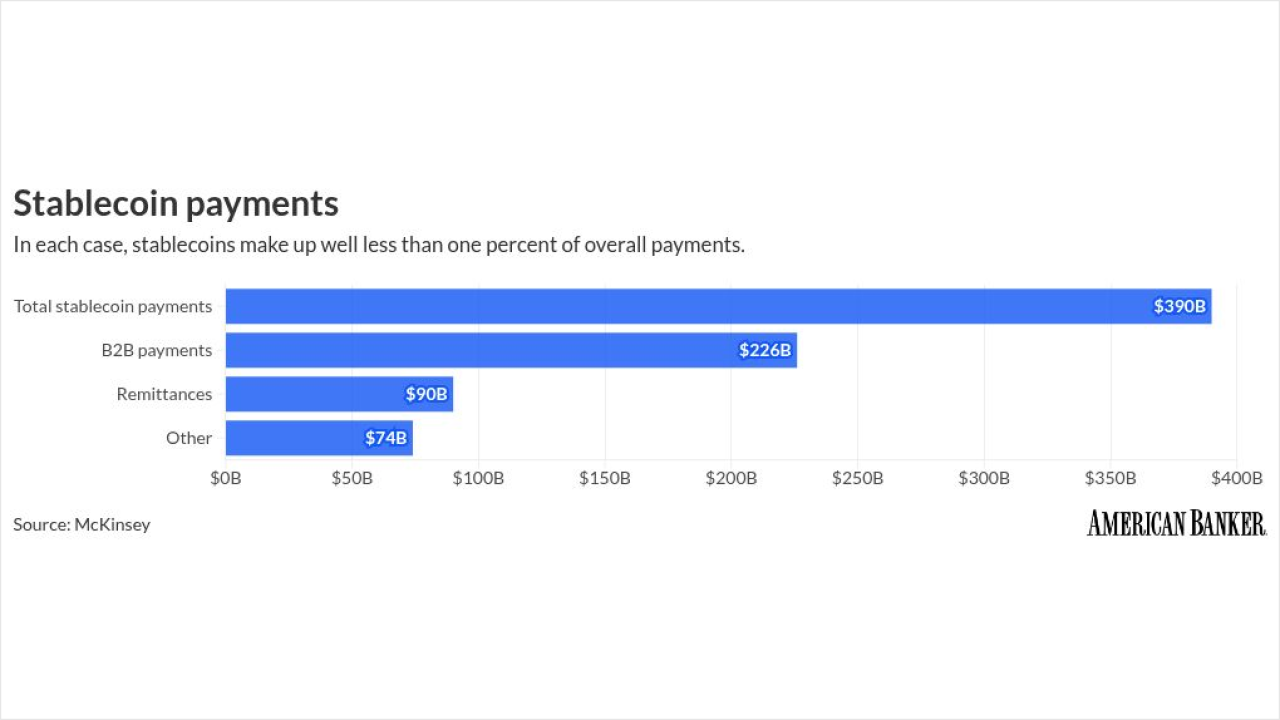Former credit card customers of Chevy Chase Bank who had accused the thrift of charging exorbitant interest rates after it relocated to a state with no interest rate caps are getting closer to having their day in court.
The Maryland Court of Appeals, Marylands highest court, ruled last week that cardholders may sue $10.7 billion-asset Chevy Chase for raising interest rates after it moved its headquarters from Chevy Chase, Md., to Virginia. The appeals court reversed a lower courts decision that had sent the dispute to arbitration.
F. Paul Bland Jr., the attorney representing the cardholders, said that now that the arbitration question is settled, they plan to go ahead with the suit they filed more than two years ago and for which they are seeking class-action status.
The arbitration clause in Chevy Chases contract with cardholders was rigged and gave us no chance for success, Mr. Bland, of the Washington group Trial Lawyers for Public Justice, said. This is a fresh life for us.
Chevy Chase, which has since sold its card portfolio to First USA of Wilmington, Del., moved to McLean, Va., in 1996. When it left Maryland, where credit card interest rates cannot exceed 24%, the thrift changed its customer contract to say that any disputes about interest rate hikes could be decided only through arbitration.
That clause did not deter some customers from filing suits when rates began to approach 27%. But the Circuit Court for Baltimore City sided with the thrift in August 1999 and ordered that the matter be settled in arbitration. Cardholders appealed the ruling a month later.
Chevy Chase argued that the appeals court should not have taken the case because, according to federal arbitration law, a dispute ruled to be arbitrated has to be heard before being appealed. Maryland law, however, says the plaintiff can appeal an arbitration ruling immediately.
In the appeal, the cardholders said their agreement with the thrift had never been effectively amended and was invalid because they never agreed to the arbitration clause, which takes away the cardholders constitutional right for a trial by jury and charges them hefty fees for the arbitration of their claims.
The appellate court, which ruled solely on the language in the clause, said that the class action is allowed despite Chevy Chases interpretation, because the clause plainly says arbitration would happen at the request and expense of the cardholder. No cardholder made such a request.
David Cynamon, an attorney with the Washington law firm of Shaw Pittman, who represented Chevy Chase in this case, said he was surprised and disappointed that the court decided on an issue that no one ever argued. But he added that he was not upset with the outcome, because the court did not invalidate the contract.
This is not that significant, since it deals only with the language and not the merit of the clause, he said.
Chevy Chase has 90 days to seek Supreme Court review, which Mr. Cynamon said the thrift has not ruled out. If the ruling is not appealed, the suit will proceed in lower court.
Only three plaintiffs were named in the original suit, but Mr. Bland said a class action could involve hundreds of thousands of former Chevy Chase customers.
In the lawsuit, the cardholders allege that Chevy Chase breached its original contract when it raised the interest rates above the Maryland cap, charged new fees, and increased the late fees. Mr. Bland said the contract states that the thrift will not change the contract without confirmation from cardholders.
They increased certain costs to customers without giving them a chance to say, I dont accept that, Mr. Bland said. And people have been angry about this for some time. 





